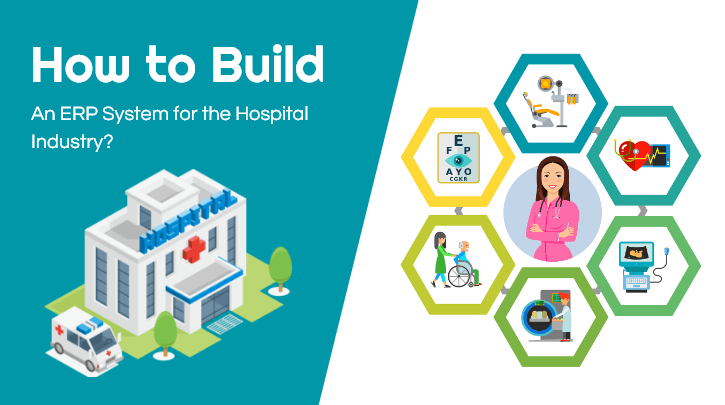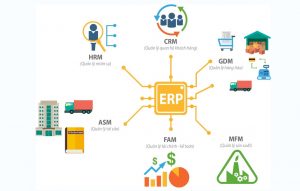Health care providers require consistent and trustworthy technology solutions for managing buildings, paperwork, strategic planning, budgeting, staff, and patient experiences. However, not all healthcare solutions are made equal, so experts must choose and apply the best system for their specific needs. For this reason, the ERP Software market has become increasingly beneficial to the healthcare business.
An ERP solution’s administrative skills and corporate planning tools may assist healthcare professionals in providing the best possible experience for their employees and patients.
With this in mind, we have created the list of characteristics that any healthcare ERP system should provide.
What Attributes Should Every Healthcare ERP Solution Have?
- Data Management
Departments can no longer afford to remain isolated from one another as the healthcare business matures and becomes more technically skilled. Instead, medical professionals want a unified system that allows them to exploit their medical record system data through a smooth, accurate, and real-time interface that serves as a single source of truth throughout an institution. An integrated healthcare ERP solution may consolidate data, reduce inconsistencies, and link data from one department to another, enhancing corporate productivity and communication.
- Regulatory Compliance
Because healthcare is highly regulated, businesses must prioritize compliance to safeguard their patients and staff. However, achieving consistent regulatory compliance may be difficult; thus, healthcare firms should incorporate an Enterprise Resource Planning system to expedite the compliance process. With ERP, all company parts are traceable and transparent, and all critical information is at the user’s fingertips. Companies should also ask an ERP vendor about their overall security approach. The best solutions will include vulnerability assessments, application updates, patching, periodical data restoration procedure testing, and other measures.
- Operational Visibility
By giving users complete access to their operations, ERP Project Management may help businesses save money and resources. An ERP system, for example, can identify bottlenecks in productivity, workflow, and resource allocation, allowing users to fix such issues and save waste-related expenses. Furthermore, because ERP systems allow for smooth data transfers between departments and automate back-office chores, healthcare firms may save money and effort.
- Business Intelligence
With the quantity of data collected in a healthcare organization’s internal system, business intelligence software is frequently required. Data management features are helpful, but healthcare ERP solutions can take data and transform it into visually appealing reports with a business intelligence module, making it more straightforward for decision-makers to access and analyze the information they want. Integrated consolidation reporting, dashboards, graphing, and data analysis are other business intelligence elements.
- Implementation Support
Like any other piece of business technology, a healthcare ERP solution may be a challenging system to integrate into an organization’s existing operations. Many organizations, though not all, will provide clients with implementation support programs. The finest ERP implementation assistance does not end when the system goes live. Instead, the ERP supplier should be involved in the pre-implementation setup, onboarding process, training services to assist users in becoming acquainted with the new software, and hands-on sessions.
To finally conclude,
Implementing an ERP solution in your healthcare firm may provide several benefits, ranging from boosting supply chain efficiency to assisting with financial planning and administration. By easing the burden on the business side, your healthcare staff will focus on providing the best patient care possible.
If you’re ready to put an ERP system in place, our consulting team at Connected IT Consulting is available to help. We understand the issues you encounter in the healthcare IT industry and will use our knowledge for your project to achieve a successful implementation.
To get started, make sure to contact us right away.
Related Links
ERP Project Management
Business Process mapping
Small Business ERP
ERP Consulting



